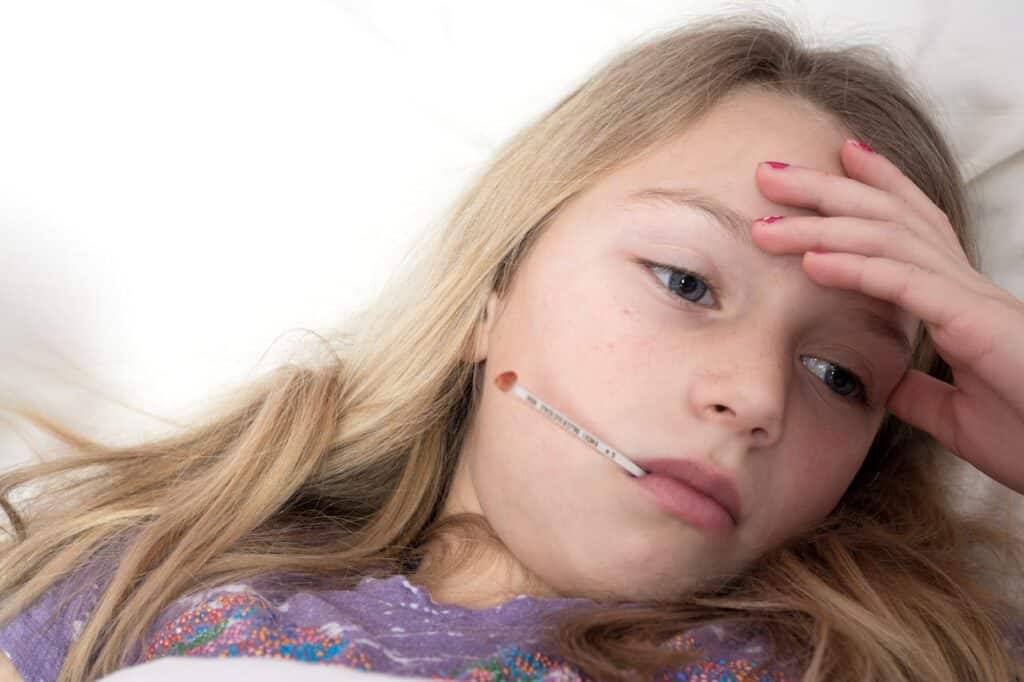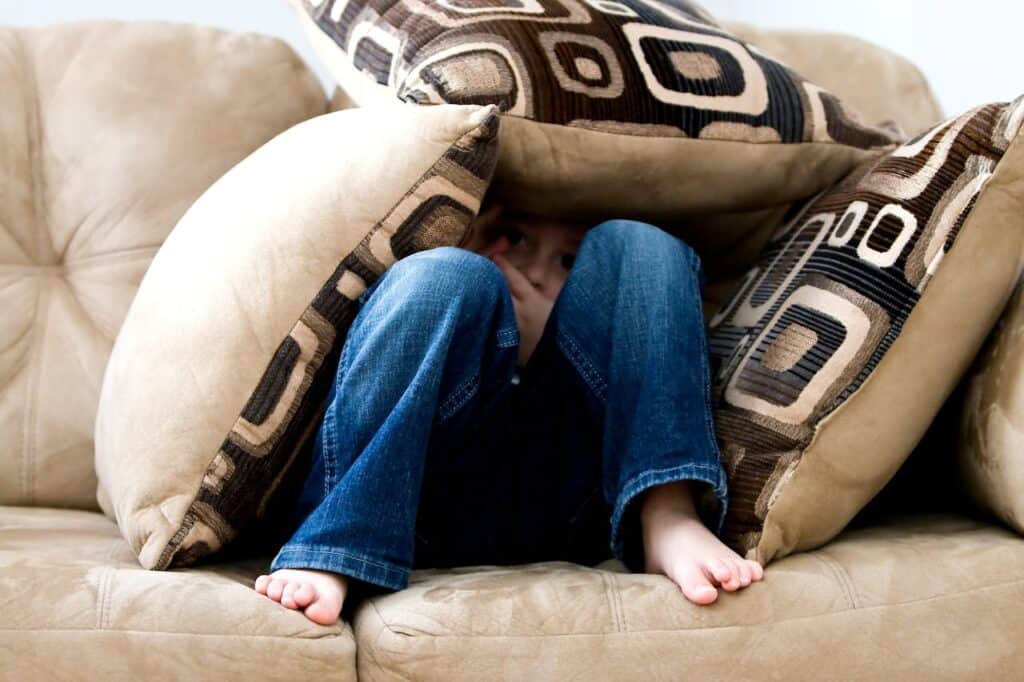Kids and Mental Health: Signs You Shouldn’t Ignore
Children’s mental health challenges can be subtle and easily dismissed as typical developmental phases or behavioral issues. However, early recognition and intervention can make a significant difference in your child’s long-term wellbeing and development. Understanding the warning signs helps parents distinguish between normal childhood struggles and situations that require professional support and guidance.
Persistent Changes in Sleep Patterns

Significant disruptions in sleep habits, including difficulty falling asleep, frequent nightmares, or excessive sleeping, can indicate underlying mental health concerns. Children who previously slept well but suddenly develop sleep problems may be experiencing anxiety, depression, or trauma responses. These changes often appear weeks before other symptoms become obvious to parents.
Dramatic Shifts in Academic Performance

Sudden drops in grades, difficulty concentrating, or loss of interest in previously enjoyed school subjects can signal mental health struggles. Children experiencing depression, anxiety, or attention disorders often show academic changes before emotional symptoms become apparent. Teachers may notice these changes before parents see them at home.
Social Withdrawal from Friends and Family

Children who isolate themselves, stop participating in favorite activities, or lose interest in social interactions may be struggling with depression, anxiety, or other mental health challenges. This withdrawal often includes avoiding family gatherings, refusing playdates, or spending excessive time alone in their rooms without engaging in previously enjoyed activities.
Intense or Frequent Emotional Outbursts

While all children have meltdowns, persistent intense anger, crying episodes, or emotional reactions that seem disproportionate to situations may indicate underlying mental health concerns. These outbursts often increase in frequency and intensity over time, and traditional parenting strategies may not help calm or redirect the child effectively.
Physical Complaints Without Medical Causes

Frequent stomachaches, headaches, or other physical symptoms that don’t have identifiable medical causes can be manifestations of anxiety, stress, or depression in children. These somatic symptoms are real and distressing for children, even when medical evaluations don’t reveal physical problems requiring treatment.
Regression in Developmental Milestones

Children who suddenly return to earlier developmental behaviors, such as bedwetting, thumb sucking, or baby talk, may be responding to stress, trauma, or mental health challenges. These regressions often occur during times of transition or stress but may indicate more serious concerns if they persist beyond typical adjustment periods.
Changes in Eating Habits or Appetite

Significant increases or decreases in appetite, food restrictions, or concerning behaviors around eating can indicate various mental health issues including anxiety, depression, or emerging eating disorders. These changes may be subtle initially but can escalate quickly and require professional evaluation and intervention to prevent more serious complications.
Self-Harm Behaviors or Concerning Statements

Any expressions of wanting to hurt themselves, statements about not wanting to be alive, or actual self-harm behaviors require immediate professional attention. Children may make these statements casually or during emotional moments, but all such expressions should be taken seriously and evaluated by mental health professionals promptly.
Persistent Fears or Worries That Interfere with Daily Life

While childhood fears are normal, excessive worries that prevent children from participating in age-appropriate activities, attending school regularly, or sleeping independently may indicate anxiety disorders. These fears often seem irrational to adults but feel very real and overwhelming to the child experiencing them.





